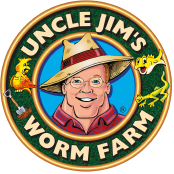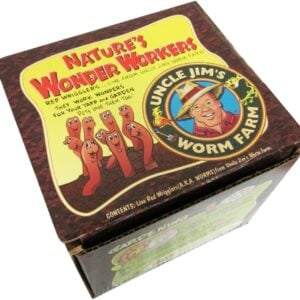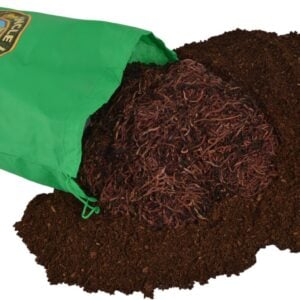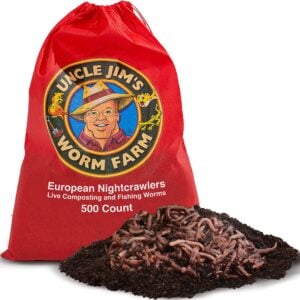Vermicomposting Supplies
Blog Category

Top Selling Products
Compost

Care for Worm Farm: Seasonal Maintenance Tips
Worm farming, or vermicomposting, is an eco-friendly method to recycle organic waste into valuable compost. This process reduces waste in landfills and enriches the soil, improving its structure, aeration, and nutrient content. Worms in these farms work tirelessly, eating up to half their body weight in scraps daily and converting it into compost rich in […]
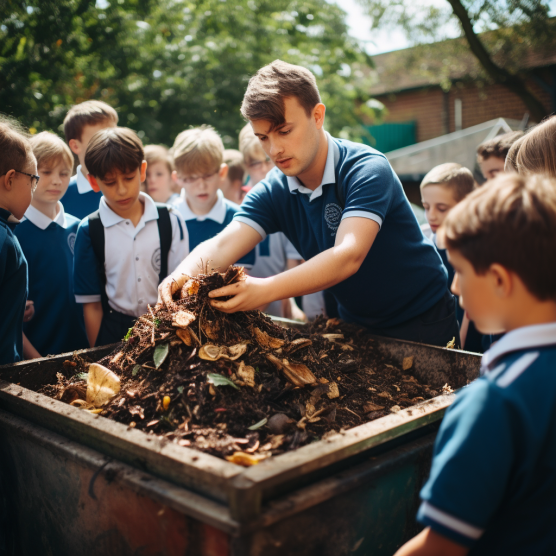
The Dynamic World of Educational Composting Projects | Biology of Composting
The world beneath our feet is teeming with life, and understanding the biological processes that make our soil thrive is more than just academic—it’s essential for the future of our planet. As an advocate for environmental education, I’m thrilled to share how schools and educational institutions are turning to educational composting projects to enrich their […]

Are sub-freezing temperatures on their way? Composting with worms does not have to stop during those cold winter months! If you live in a cold climate, your composting worms can continue working when winter approaches. You need to make some decisions. Here are your choices: Do nothing. Insulate. Move the worms to a sheltered location. […]
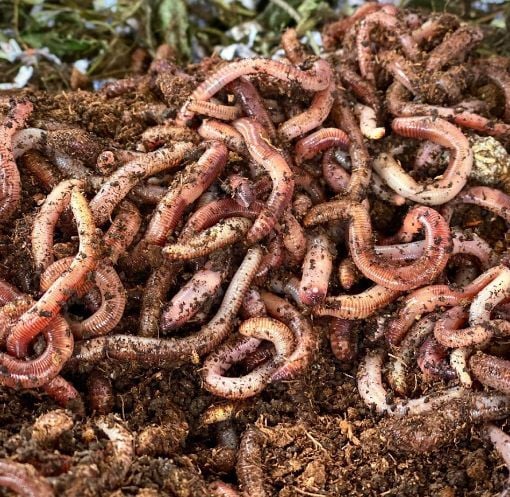
Winter can be a challenging time for our little composting champions – red wiggler worms! They play a vital role in breaking down organic waste and turning it into rich, nutrient-dense worm compost, also known as worm castings. However, they’re sensitive to harsh winters, and keeping your worm population happy and productive during this season […]
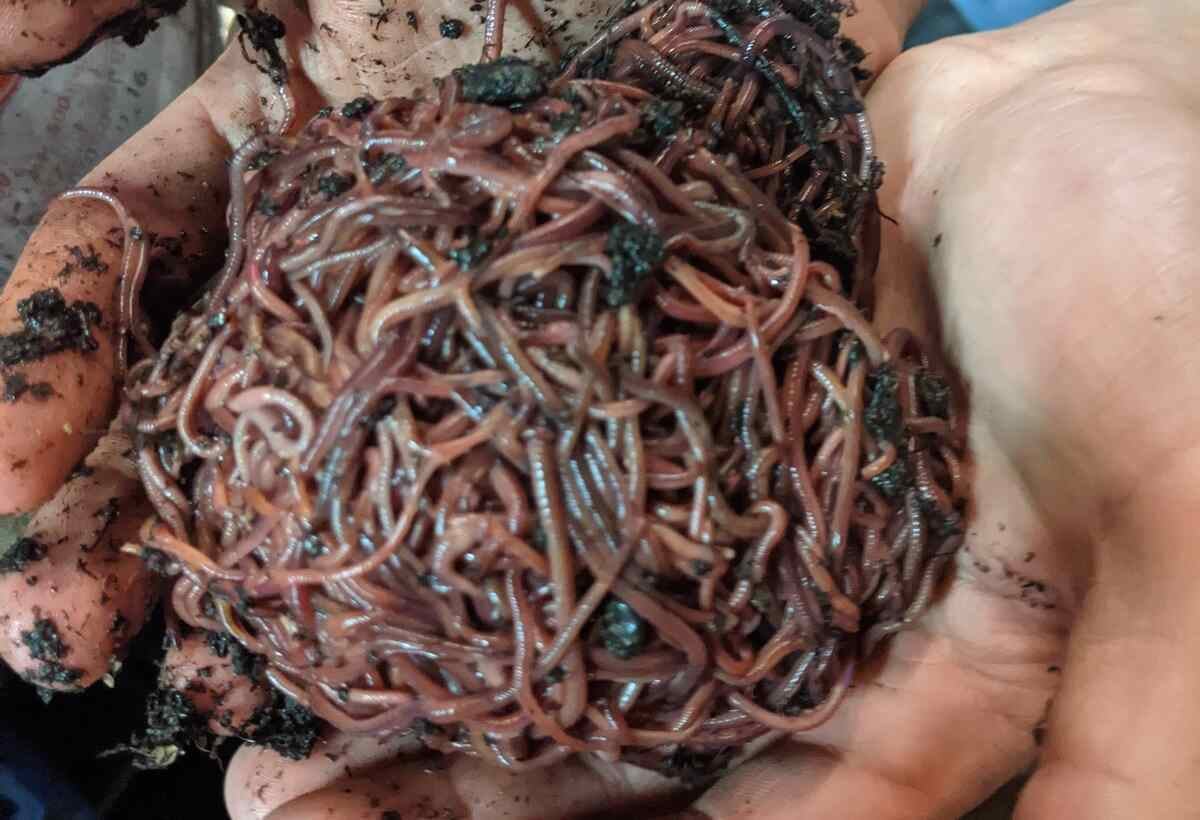
Red wiggler worms, or Eisenia fetida, are nature’s most efficient composters. These hardworking little critters diligently transform organic waste into nutrient-rich vermicompost, which gardeners and horticulturists absolutely love. If you’re new to the world of vermiculture or looking to enhance your worm-feeding practices, you’re in the right place. Understanding Red Wiggler Habits Before we […]
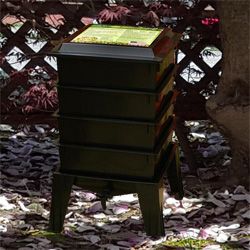
Ever been in the store or scrolling through virtual aisles, surrounded by a puzzling lineup of worm composters, scratching your head, thinking, “Which one is right for me?” With so many options on the table, it’s easy to feel like you’re stuck in a maze, all while you just want to find the perfect home […]
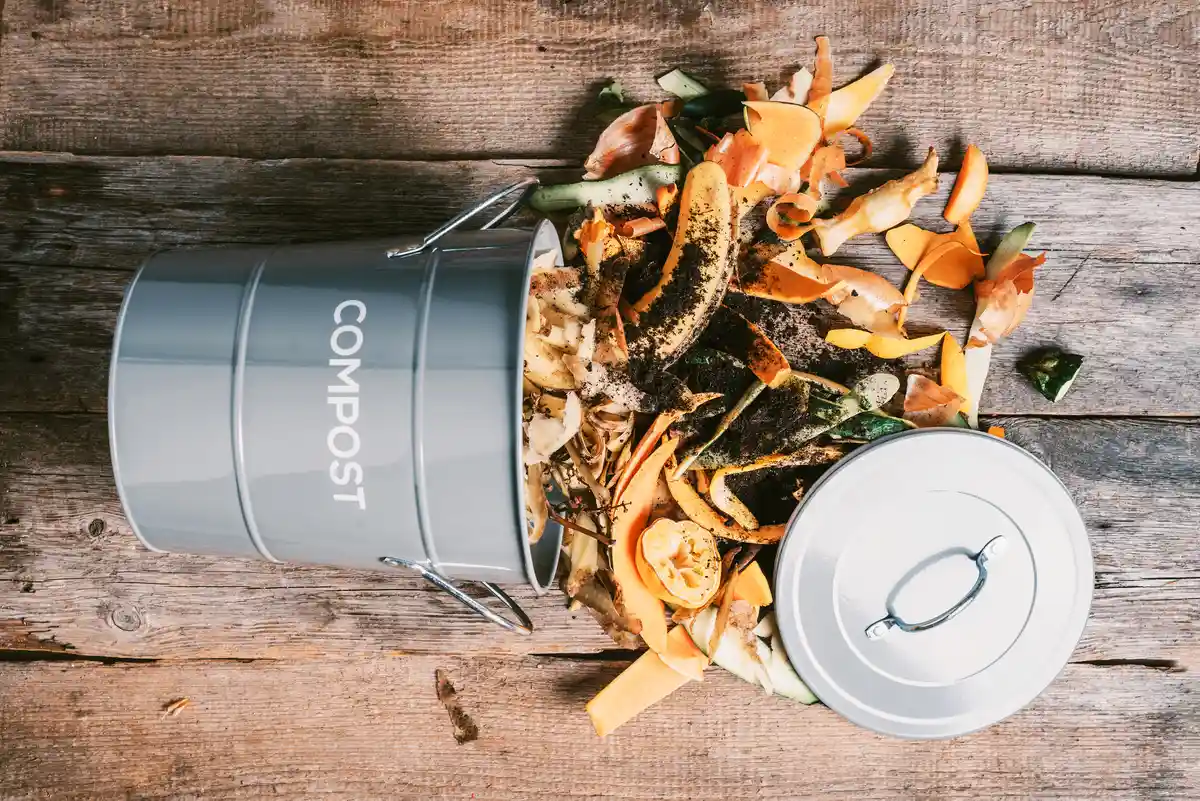
Buy or Make Your Own Compost: Is Composting Worth it?
Ever been torn between swiping your card for a bag of pre-made compost or digging into the DIY dirt right in your backyard? We’ve all been there. Me and my family have been elbow-deep in composting (quite literally) for over four decades. I’ve had my hands in compost piles, vermicomposting bins, and all things organic […]
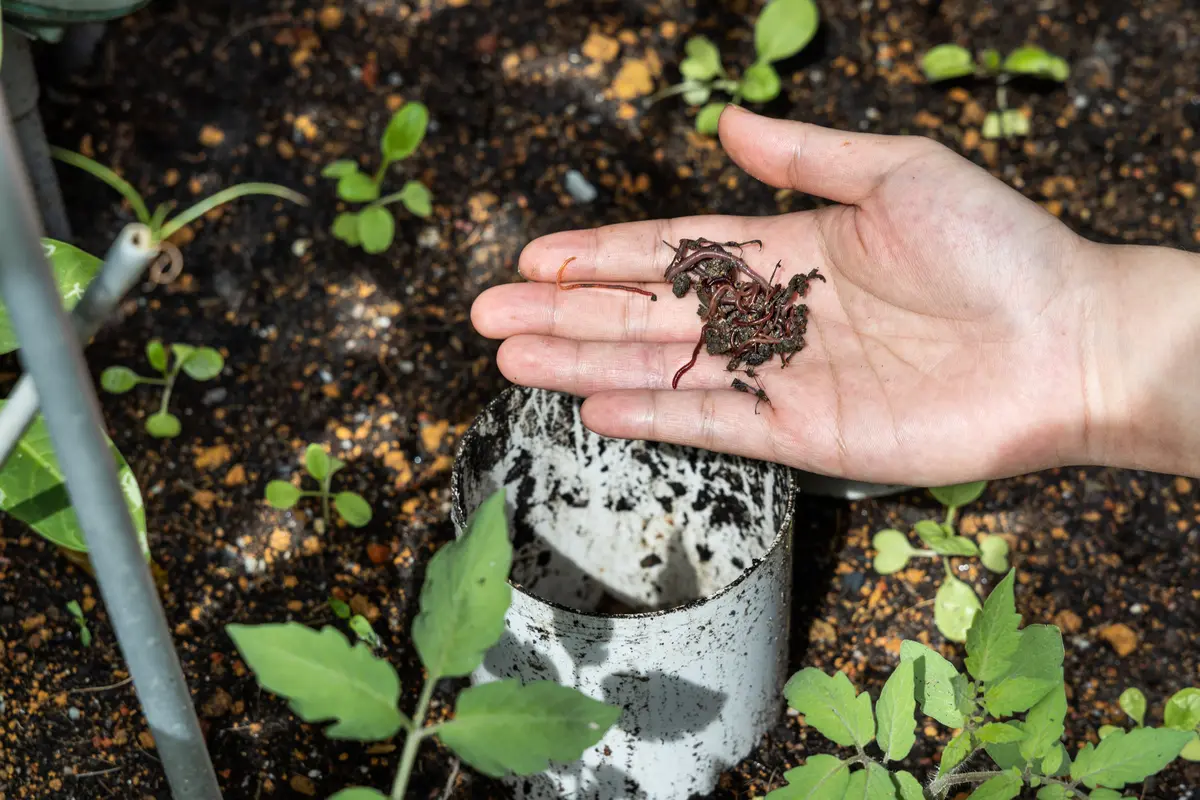
So, you’ve set up your worm bin or are considering doing so, and you find yourself pondering the classic question: “How many composting worms do I need for my worm farm?” You’re not alone in this problem! Determining the correct number of worms can be as tricky as figuring out the perfect recipe for your […]
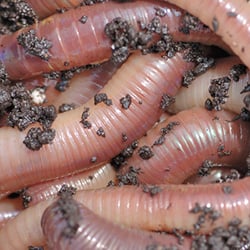
Are you looking to start your own compost or improve your garden’s soil health? Nightcrawler worms can be a great addition, but which type should you choose? Nightcrawler worms are earthworms that come out at night to feed on decaying organic matter. They are commonly used in composting and gardening, as burrowing helps soil aeration […]
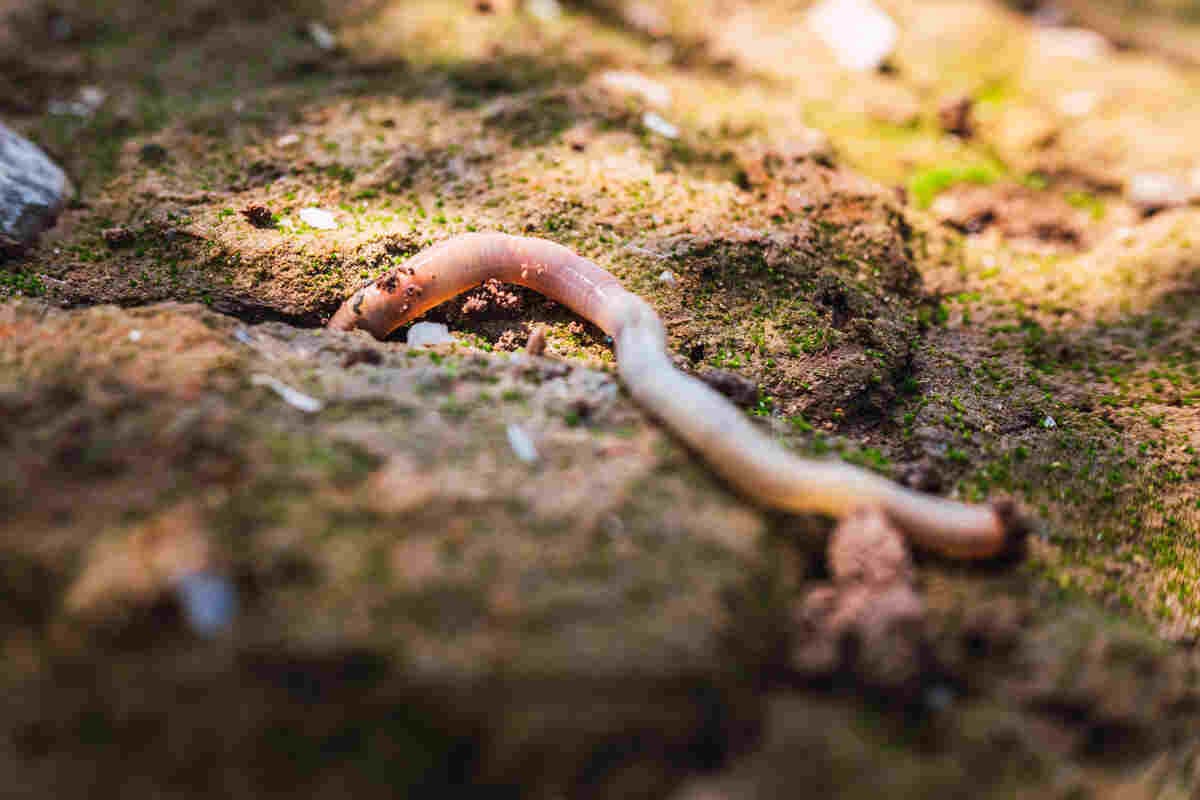
I’ve been knee-deep in the world of worm farming for over four decades. You could say that, during my worm composting adventures, I’ve seen it all when it comes to these wiggly wonders. Today, I want to unravel the difference between compost worms vs earthworms. And, trust me – there’s more to it than meets […]
